Linking a Self-Help Center to Other Services
News: Tale of Two No-Cost Re-Engineering Projects that Launched Self-Help Centers (SRLN 2015)
Both the Bronx Family Court and the Pittsburgh Court were able to significantly increase quality, speed, and capacity by re-engineering procedures, re-arranging physical layout, some paint, and new benches.
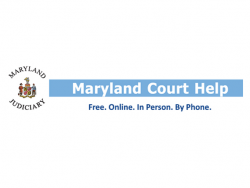
News: Self-Help Innovations in Maryland (News 2021)
The Maryland Court Help Center 2021 Provider Conference offered a glimpse into some of the cutting edge innovations in self-help in the COVID era.1
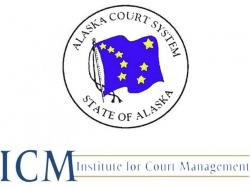
Article: Faster, Cheaper & As Satisfying: An Evaluation of Alaska’s Early Resolution Triage Program (Marz 2016)
The Alaska Court System, in partnership with the Alaska Pro Bono Program, created the Early Resolution Program (ERP) to address many issues with which courts across the country are grappling: how to efficiently and effectively manage divorce and c
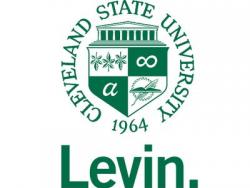
Article: Achieving Meaningful Partnerships with Nonprofit Organizations: A View from the Field (Mendel 2013)
This article addresses a topic of vital importance to the nonprofit sector: the dominant preference of institutional funders for visible partnerships and the reality that most of these are shallow relationships entered into by their participants t
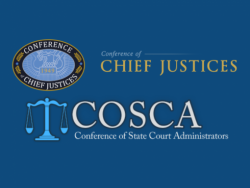
Resolution: In Support of Continuing Efforts to Meet Civil Legal Needs (CCJ/COSCA 2021)
In February of 2021, the Conference of Chief Justices and the Conference of State Court Administrators adopted Resolution 2 In Support of Continuing Efforts to Meet Civil Legal Needs.
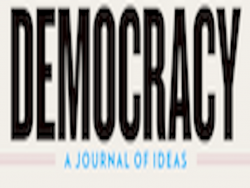
Article: Give the People the Law (Maru 2020)
In this piece for Democracy Journal, Vivek Maru of Namati (an international legal empowerment NGO), analyzes the restrictions on legal help in the United States and argu
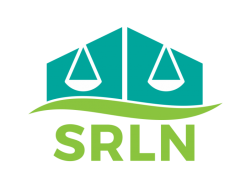
Survey: SRLN Tiers of Service Survey Tool (SRLN 2015)
The SRLN Tiers Survey was developed for states to conduct a quick tiered inventory of their court based self-help services.
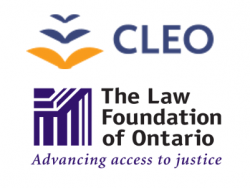
Paper: Community Justice Help: Advancing Community-Based Access to Justice (CLEO & LFO 2020)
Community based organizations are essential partners to courts, legal aid, pro bono, and the private bar as they build systems to support remote delivery, which is increasingly becoming a part of any delivery system.
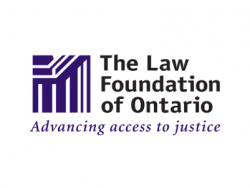
Report: Trusted Help - Legal help on the frontlines (LFO 2018)
The Law Foundation of Ontario (LFO) published two reports following their research on the role of community workers helping people with legal problems.
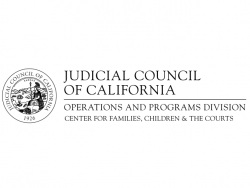
Guide: Guidelines for the Operation of Self-Help Centers in California Trial Courts (California 2011)
The Administrative Office of the Courts, in collaboration with judges, court executive officers, attorneys, and other parties with demonstrated interest in services to self-represented litigants, is charged with the development of